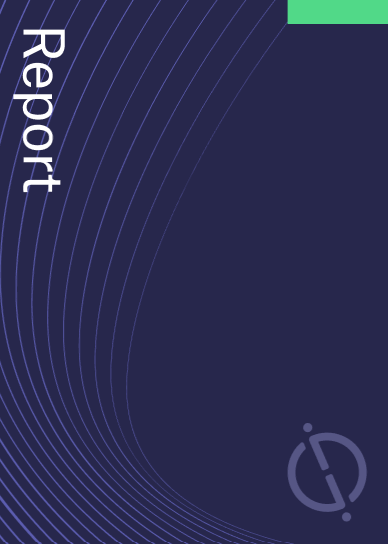The Royal Bank of Canada has been granted a patent for a computer-implemented system utilizing a variational autoencoder for text sequence machine learning. The system includes an encoder, decoder, and approximate posterior data structure determination engine to process input sequences and generate output data. GlobalData’s report on Royal Bank of Canada gives a 360-degree view of the company including its patenting strategy. Buy the report here.

Access deeper industry intelligence
Experience unmatched clarity with a single platform that combines unique data, AI, and human expertise.
According to GlobalData’s company profile on Royal Bank of Canada, Social commerce was a key innovation area identified from patents. Royal Bank of Canada's grant share as of February 2024 was 90%. Grant share is based on the ratio of number of grants to total number of patents.
Patent granted for variational autoencoder for text sequence machine learning
A recently granted patent (Publication Number: US11914955B2) discloses a computer-implemented system for a variational autoencoder designed for text sequence machine learning. The system includes a memory and a processor that executes machine-interpretable instruction sets to provide the variational autoencoder, consisting of an encoder and a decoder. The encoder reads an input sequence and generates a feature vector for a series of hidden states by performing pooling operations over multiple temporal dimensions. The processor also includes an approximate posterior data structure determination engine to extract mean and variance parameters from the feature vector for the hidden states, encapsulating them for the variational autoencoder to conduct text sequence machine learning. The decoder then generates output data based on the approximate posterior data structure and the feature vector for the hidden states.
Furthermore, the system and method described in the patent involve the encoder and decoder networks within the variational autoencoder to process input sequences, compute latent variables, and generate output sequences based on the properties of the input. The method includes steps for determining hidden representations, generating reconstructed output sequences distinct from the input, and utilizing pooling functions such as average or max pooling over the hidden states. The patent also covers the use of string or character-based tokens as input sequences for the variational autoencoder to conduct text sequence machine learning, showcasing a comprehensive approach to machine learning in the text domain.
To know more about GlobalData’s detailed insights on Royal Bank of Canada, buy the report here.
Data Insights
From

The gold standard of business intelligence.
Blending expert knowledge with cutting-edge technology, GlobalData’s unrivalled proprietary data will enable you to decode what’s happening in your market. You can make better informed decisions and gain a future-proof advantage over your competitors.







